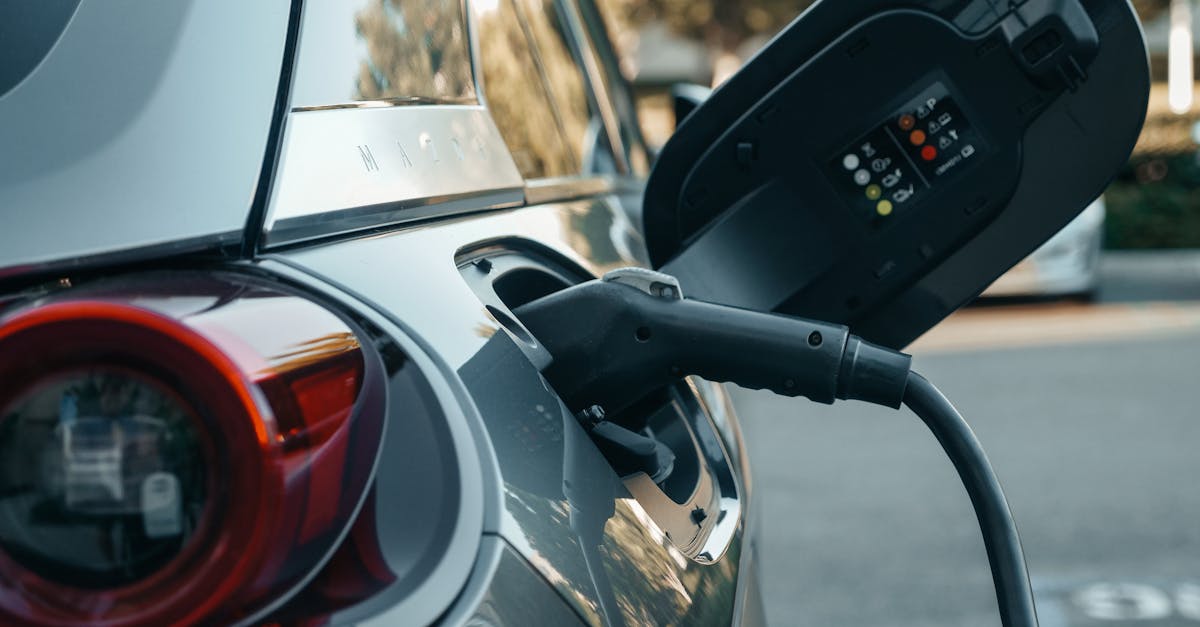Tesla’s Ongoing Trouble
Tesla’s ongoing decline in share prices has made waves in the financial landscape, prompting concern among investors and analysts alike. The recent downturn highlights Tesla’s challenges amidst increasing competition in the electric vehicle (EV) sector. The backdrop of this scenario is intensified by BYD, a prominent Chinese EV maker, which has just unveiled an innovative charger that fully powers an electric vehicle in just five minutes. This breakthrough could dramatically alter the electric vehicle market and consumer perceptions of charging times, which have been a significant hurdle for wider adoption of EVs. This article will explore the implications of Tesla’s falling stock, BYD’s game-changing technology, and what these trends mean for the future of electric vehicles.
Tesla’s Falling Share Prices
Tesla, once a leading force in the electric vehicle market, has seen its share prices fall significantly in recent months. The company’s stock has dropped due to a series of challenges ranging from supply chain issues, increased competition, and changing market dynamics. Analysts report that
“the pressure from competitors like Rivian and Lucid Motors is pushing Tesla to innovate quickly and maintain its market share.”
As investors express concerns over profitability and market saturation, the stock’s drop reflects a broader uncertainty in the technology-driven automotive market.
The Rise of BYD
BYD has emerged as a formidable player in the EV market, often seen as Tesla’s biggest competitor in Asia. With a strong focus on battery technology and sustainability, BYD is setting itself apart. The company’s recent unveiling of a speedy charger capable of fully powering a car in merely five minutes has the potential to shift consumer preferences.
“This technology addresses one of the major pain points for EV users: long charging times,”
noted an EV market analyst. This move is likely to enhance BYD’s market position as consumers increasingly seek faster, more efficient charging solutions.
Impact on Consumer Behavior
The introduction of rapid charging technology by BYD could significantly impact consumer behavior regarding electric vehicles. Traditionally, consumers have been hesitant to transition from gasoline-powered vehicles to electric ones due to concerns about charging infrastructure and time. However, with the possibility of recharging in five minutes—similar to filling a gas tank—more consumers may consider switching to electric vehicles. Industry insiders are optimistic, suggesting that
“the convenience of fast charging will be a game changer for adoption rates.”
Brands are encouraged to invest in this technology to retain their competitive edge.
Future Implications for Tesla
The ramifications for Tesla are significant. As competition increases, Tesla must innovate to maintain its reputation as a leader in the electric vehicle industry. This includes improving battery technology, enhancing charging infrastructure, and potentially exploring partnerships with charging tech developers. Market analysts believe that Tesla will need to respond rapidly to the challenge posed by BYD’s new technology or risk losing market share, stating,
“A swift response is crucial; otherwise, their position may be threatened in the coming years.”
Challenges for BYD and the EV Market
While BYD’s advancements present exciting opportunities, the road ahead for the entire EV market is fraught with challenges. Regulatory hurdles, shifting consumer preferences, and technological limitations still abound. Analysts argue that the electric vehicle market must address these challenges comprehensively to achieve sustained growth. In addition, BYD and competitors must ensure that the rapid expansion of charging infrastructure parallels the growth of electric vehicle sales.
Conclusion: A Watershed Moment in the Electric Vehicle Industry
The introduction of BYD’s rapid charging technology signifies a watershed moment for the electric vehicle industry. Tesla’s recent struggles underscore the need for continued innovation in an increasingly competitive landscape. Consumers are continually looking for solutions that align with their needs for convenience and efficiency.
As we move forward, it will be critical for both Tesla and BYD to adapt quickly to this rapidly evolving market. Companies that leverage technology advancements and respond to consumer demands will undoubtedly shape the future of electric mobility.
For a deeper exploration into the world of electric vehicles, you can check out resources from Electrek and Tesla’s official blog.
